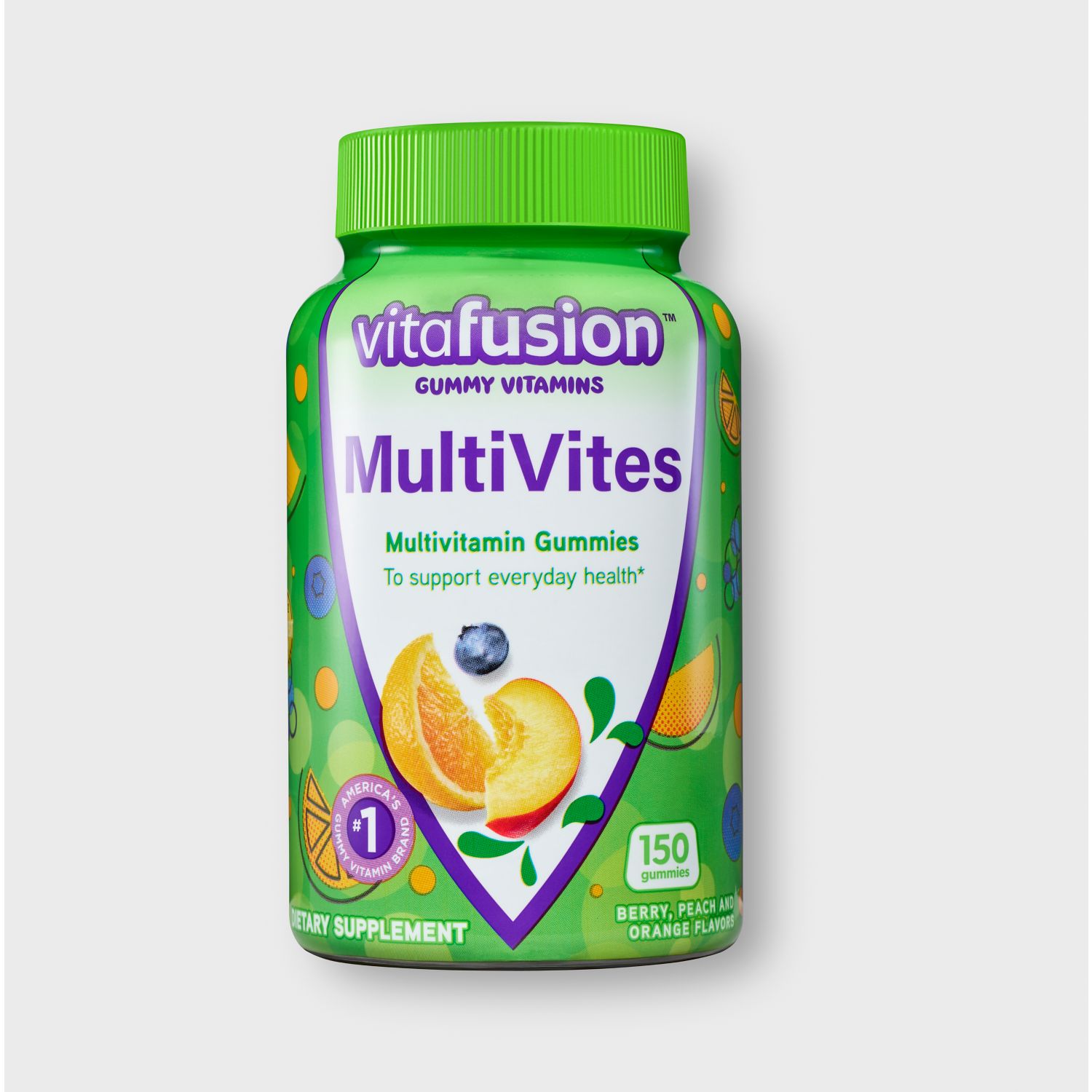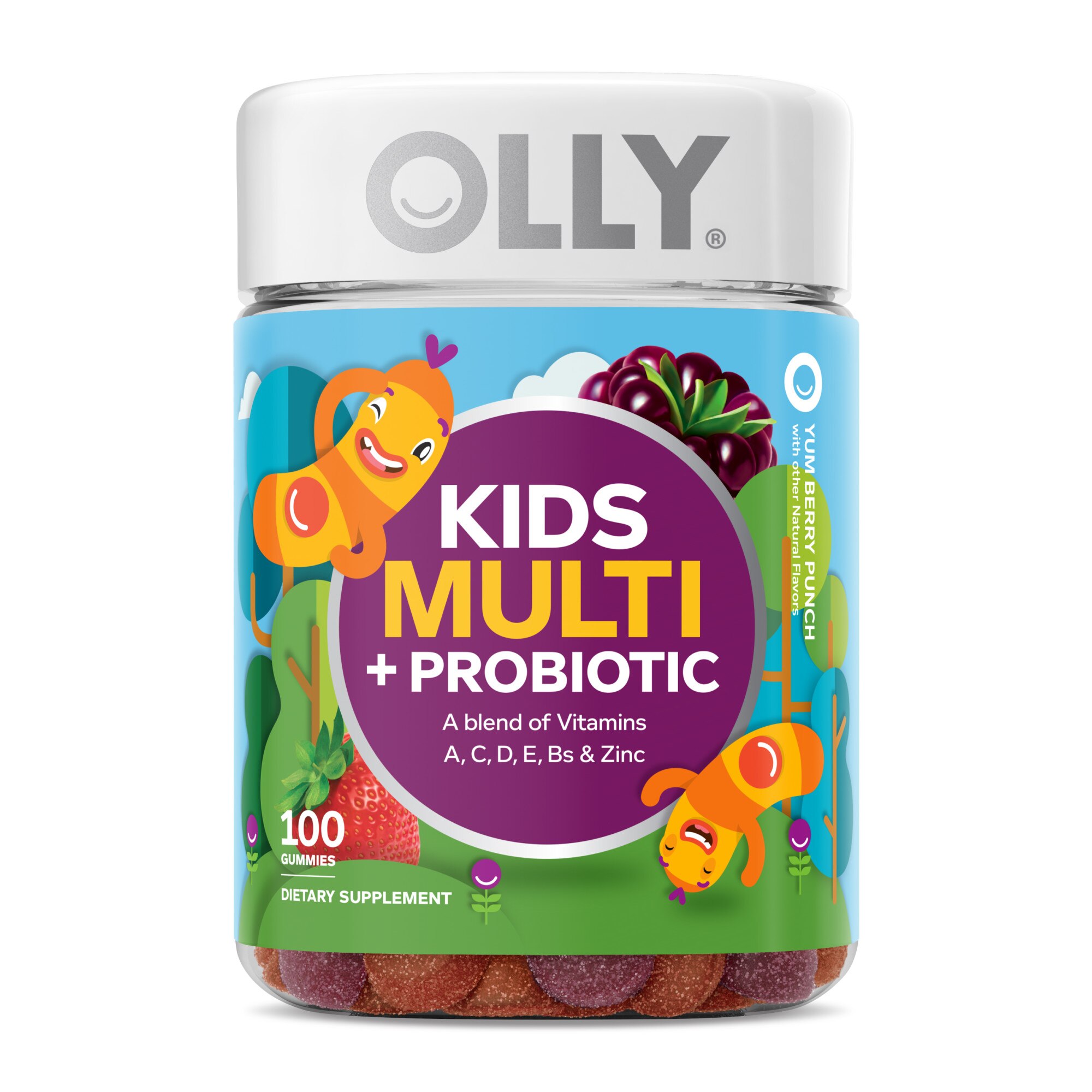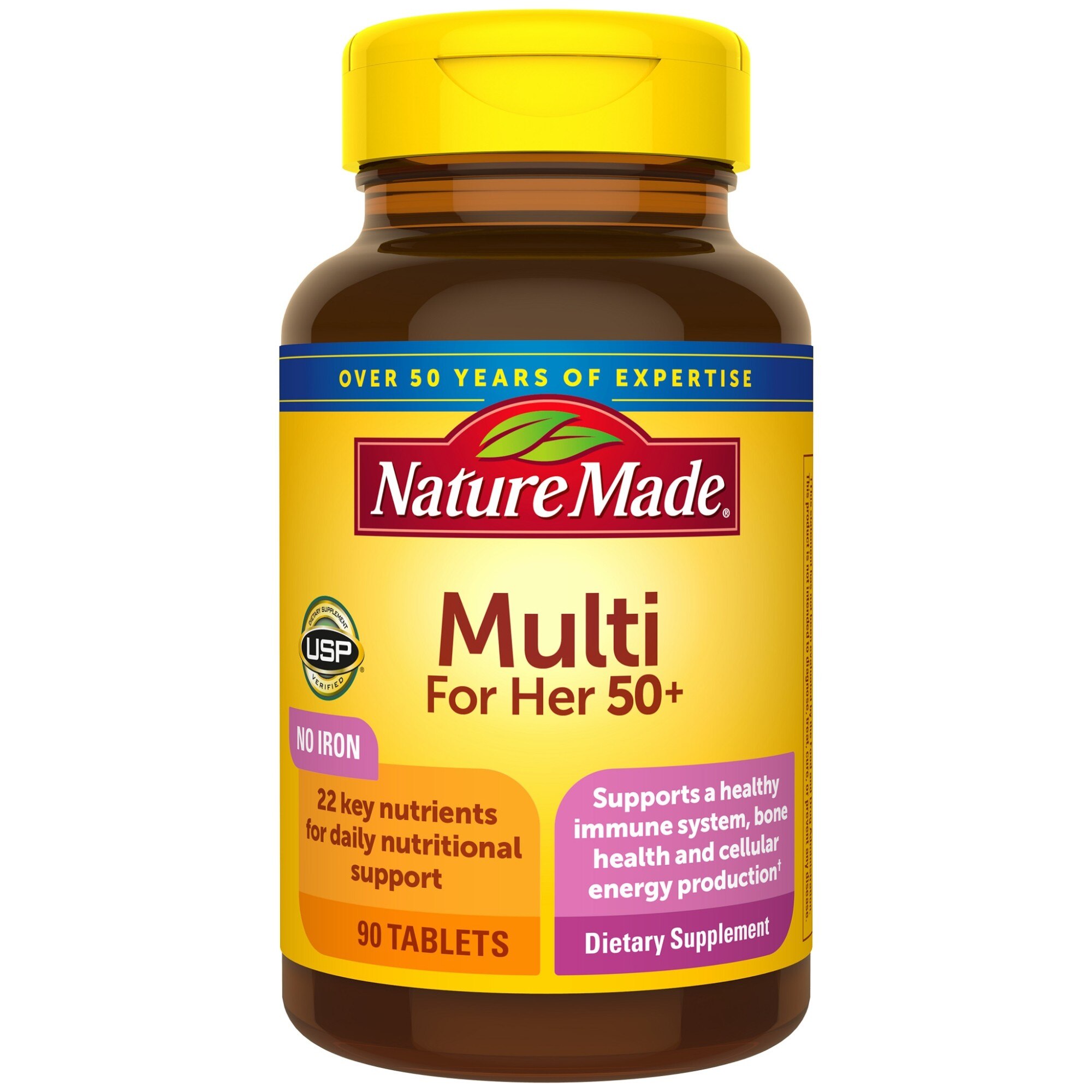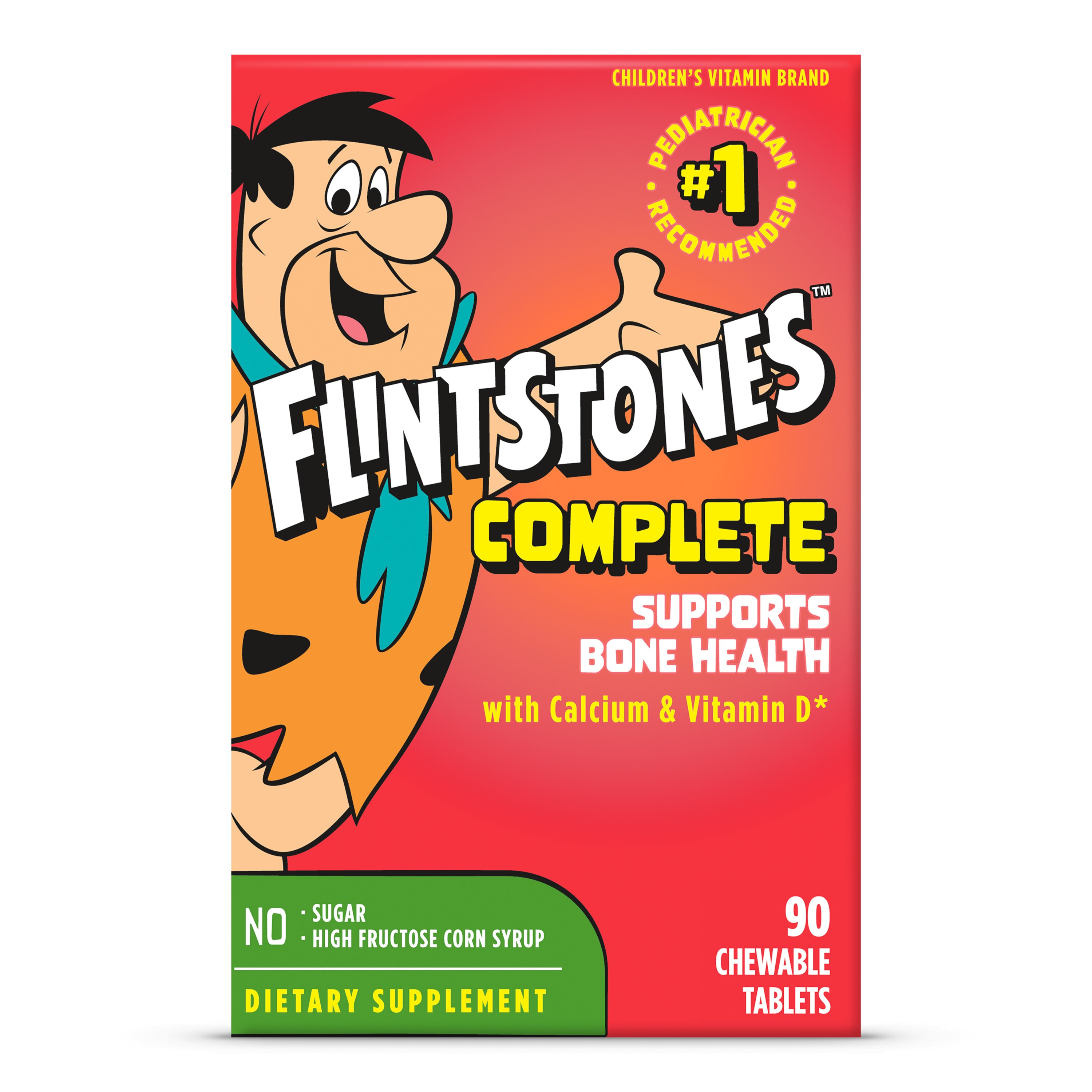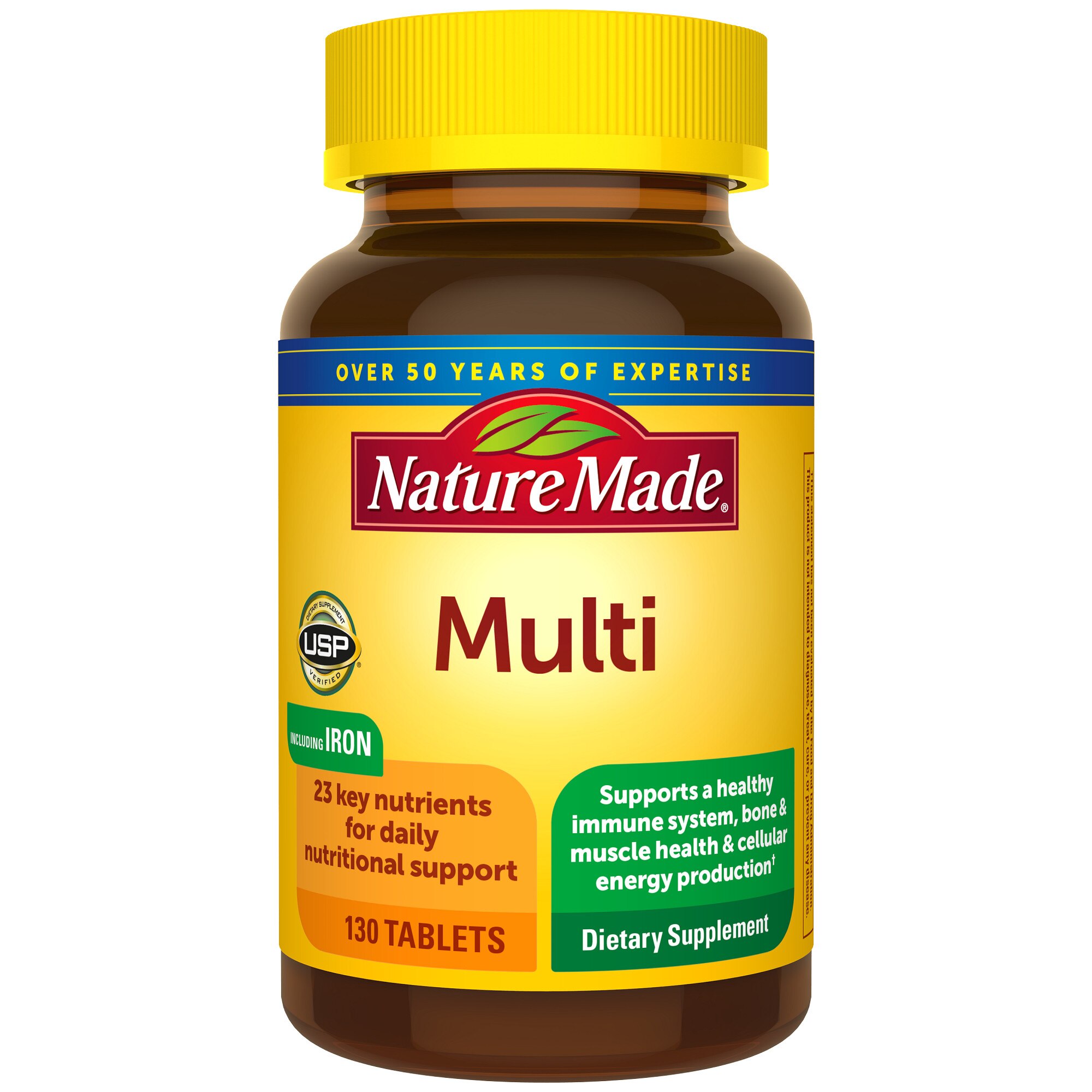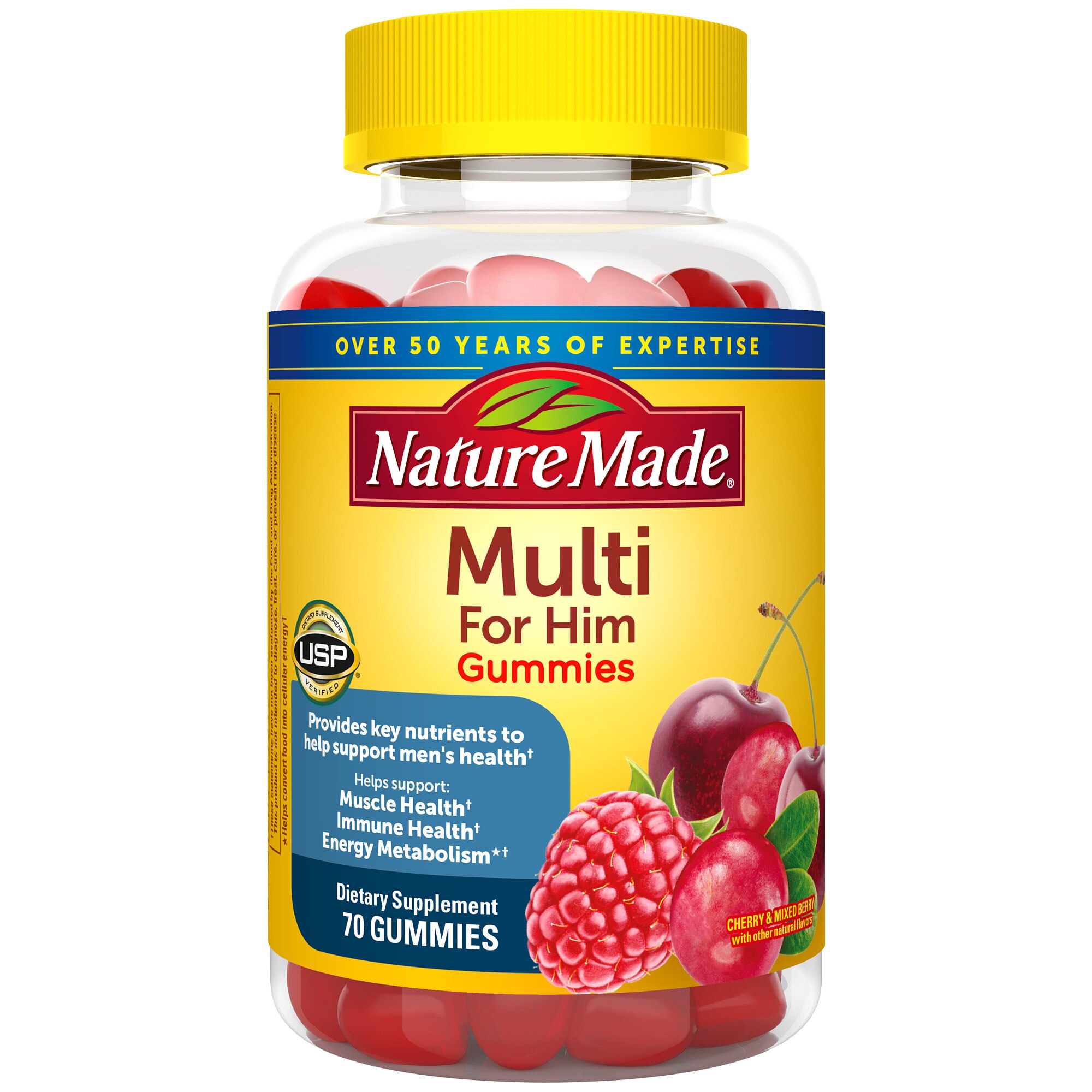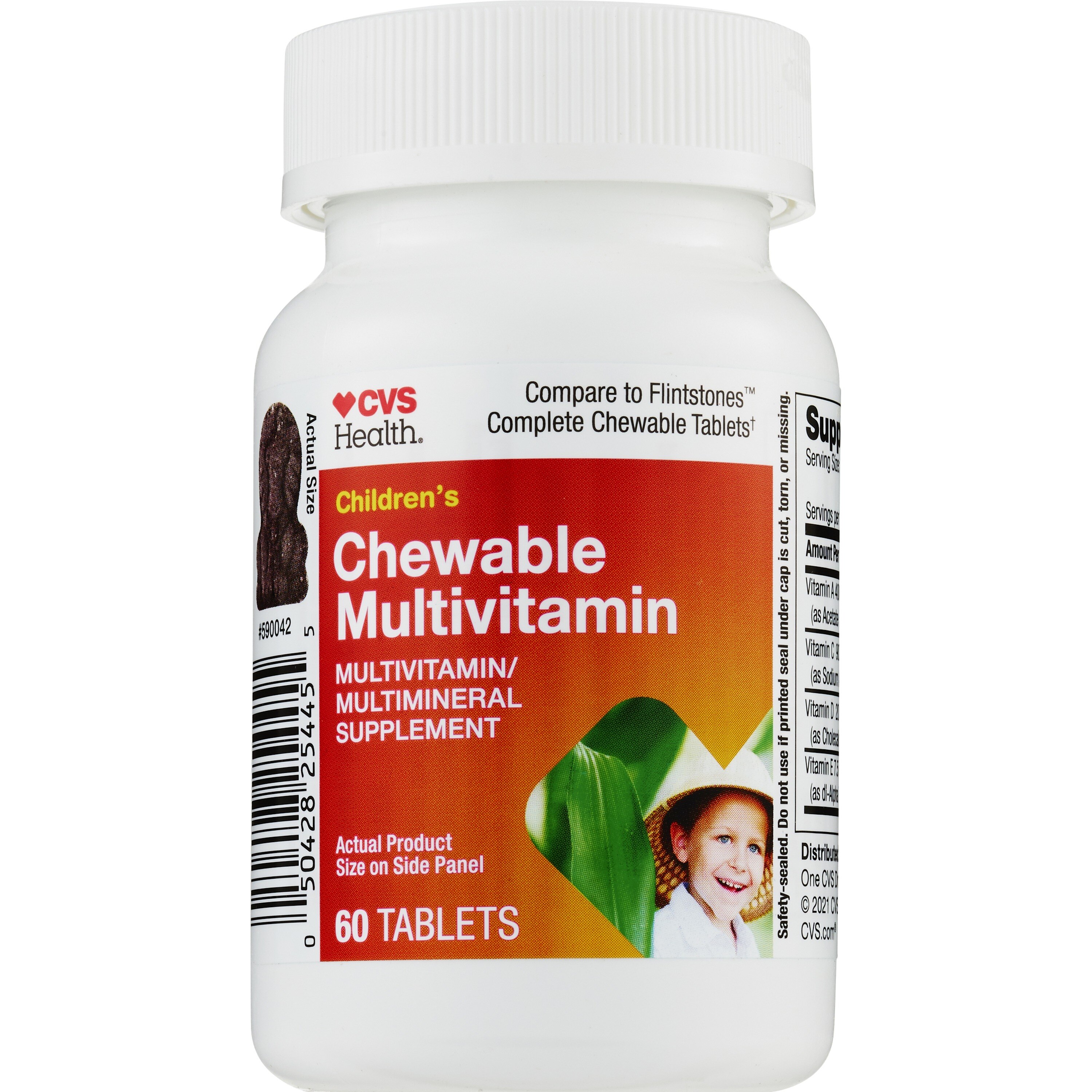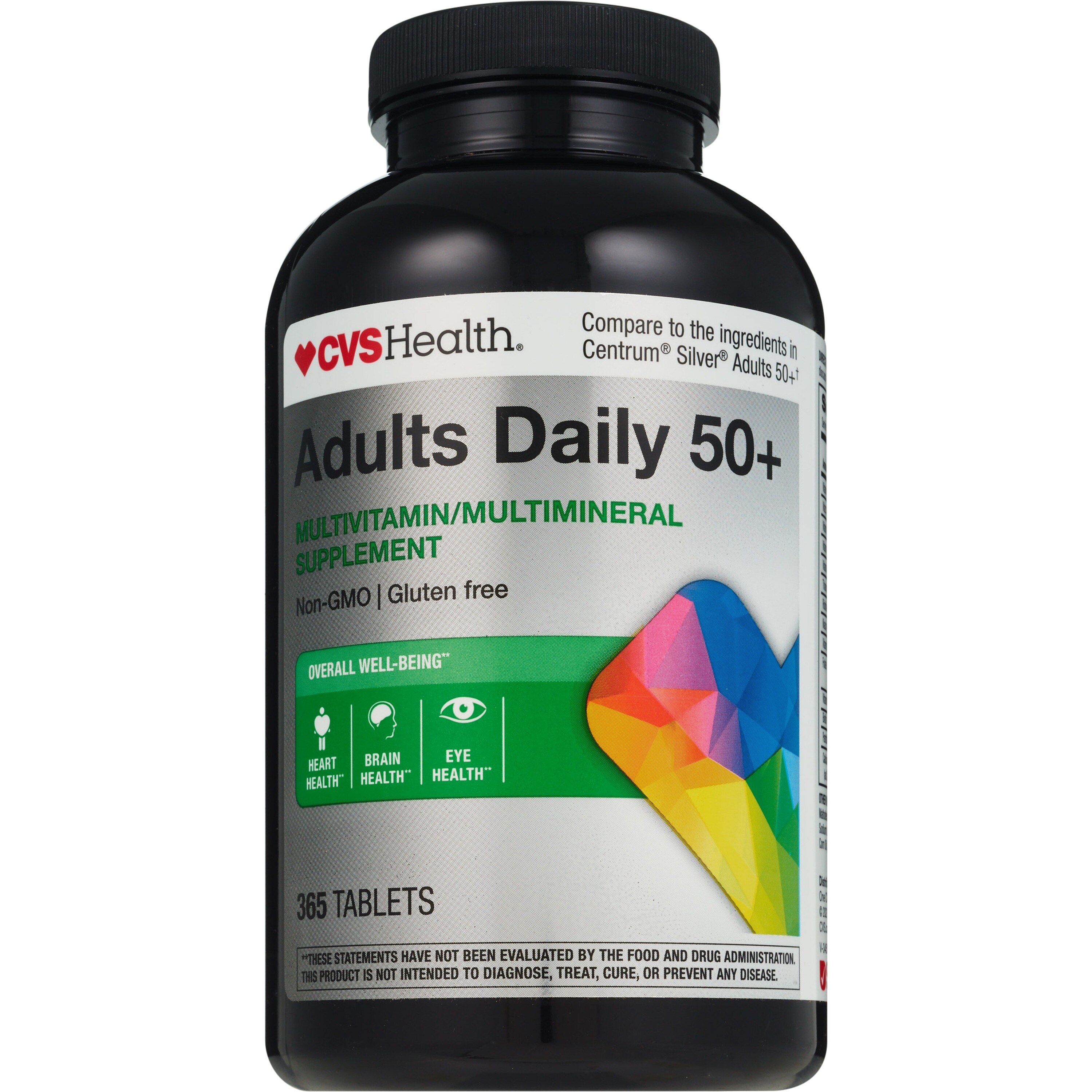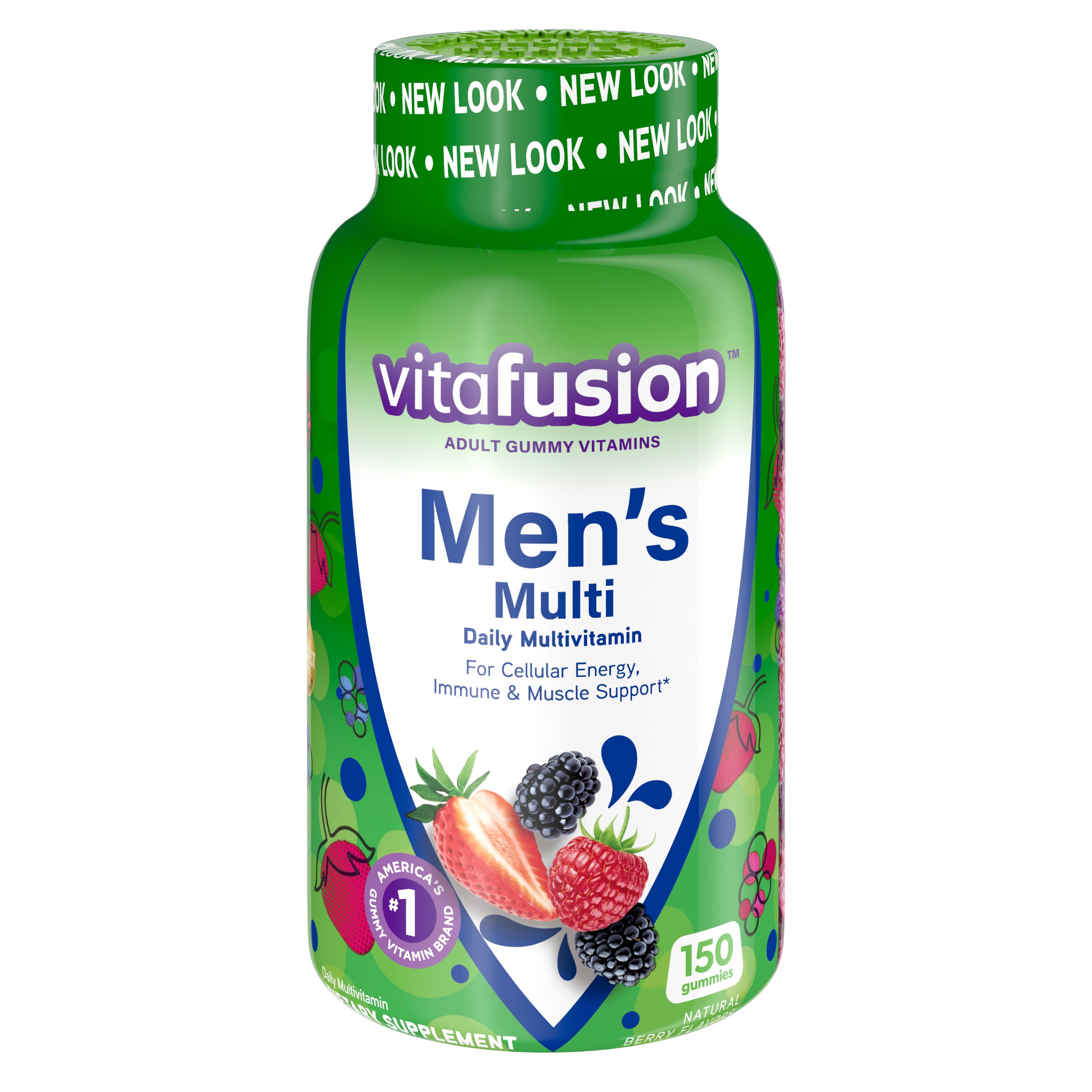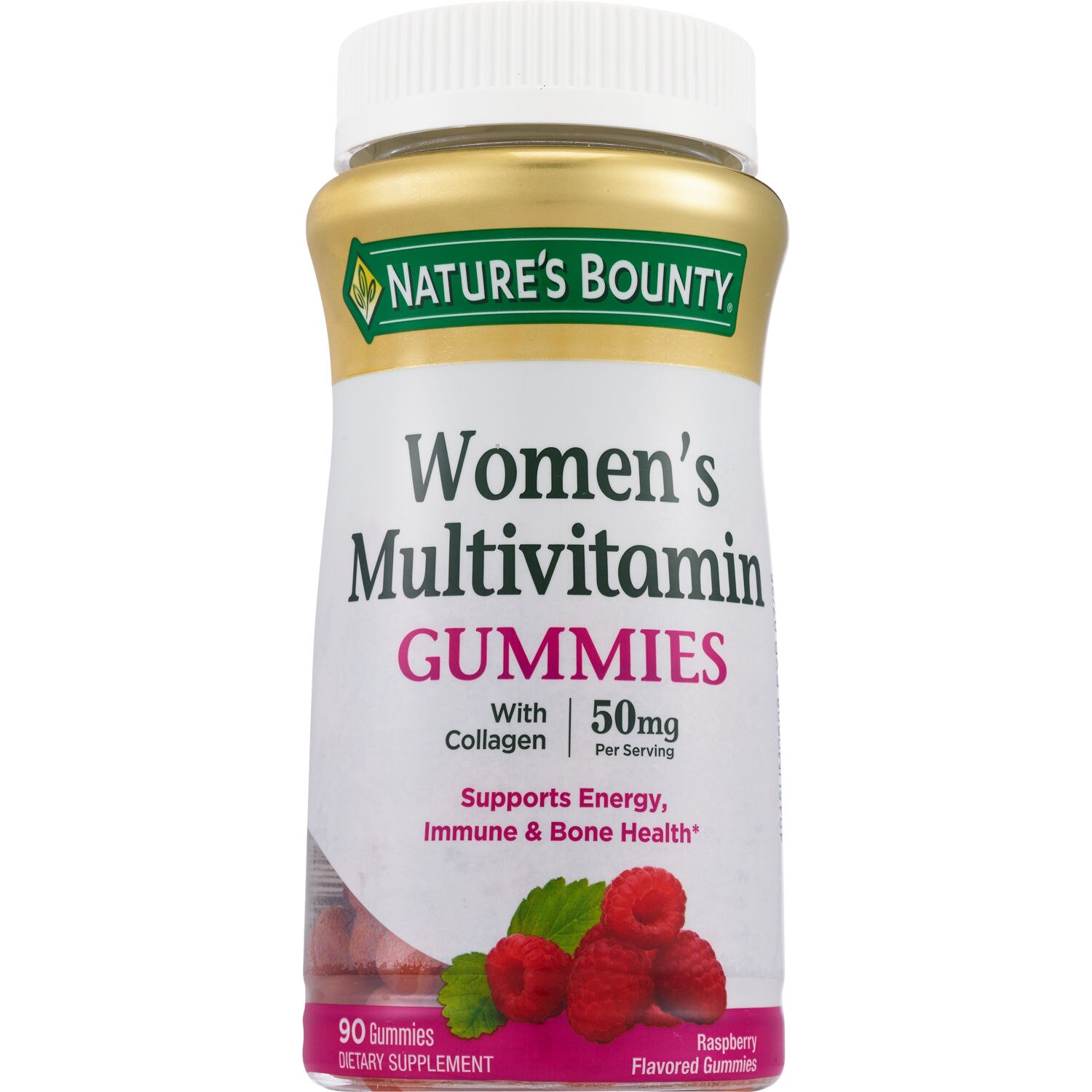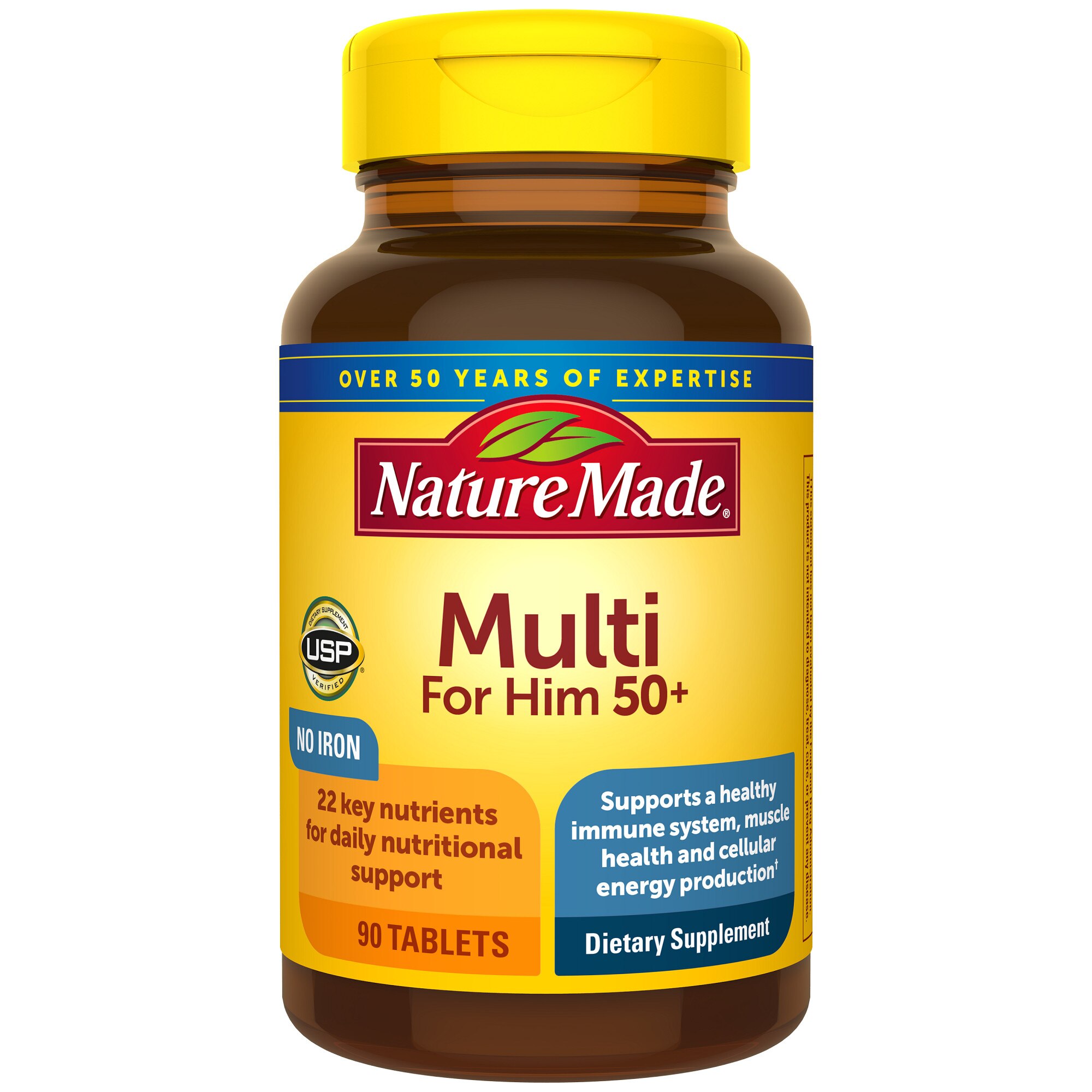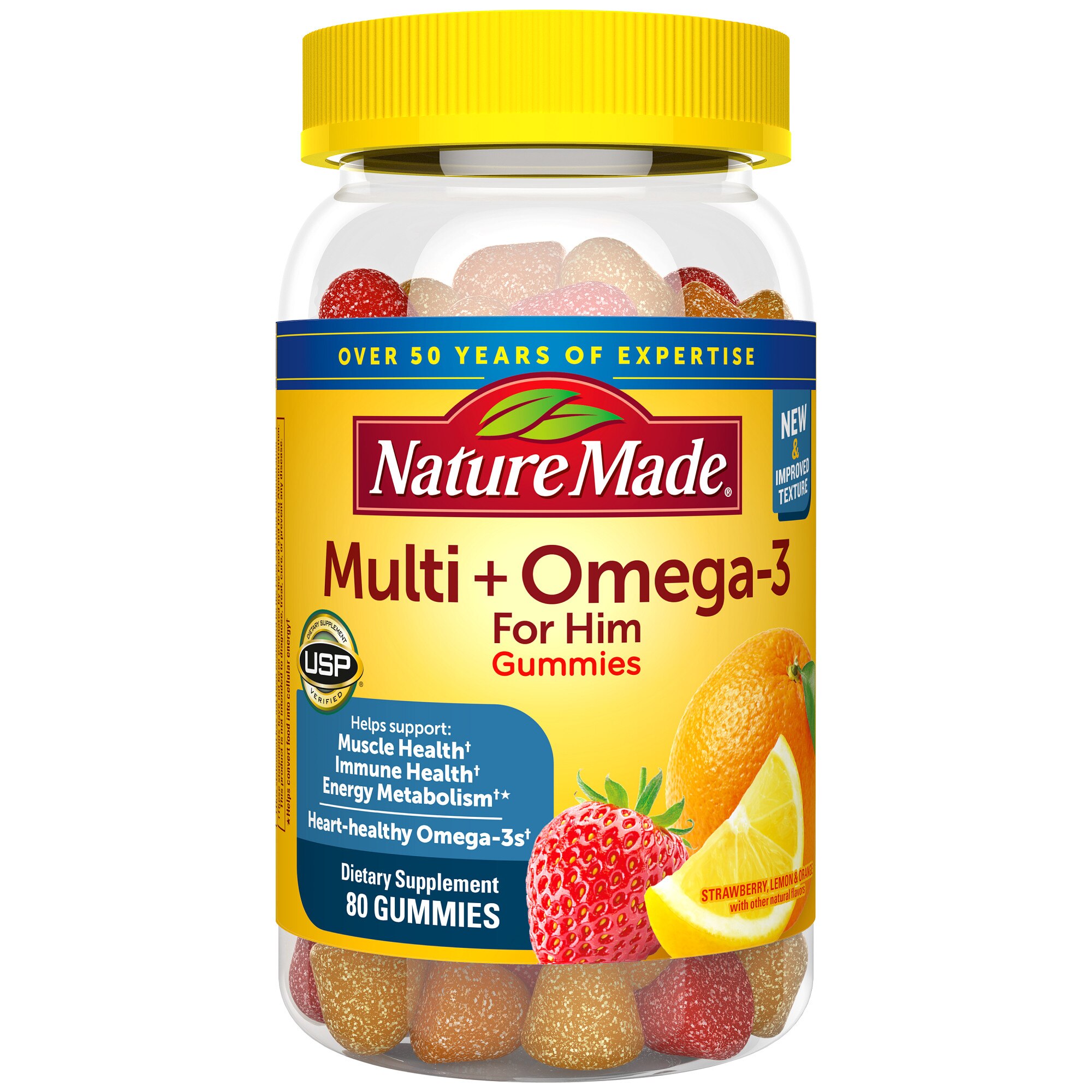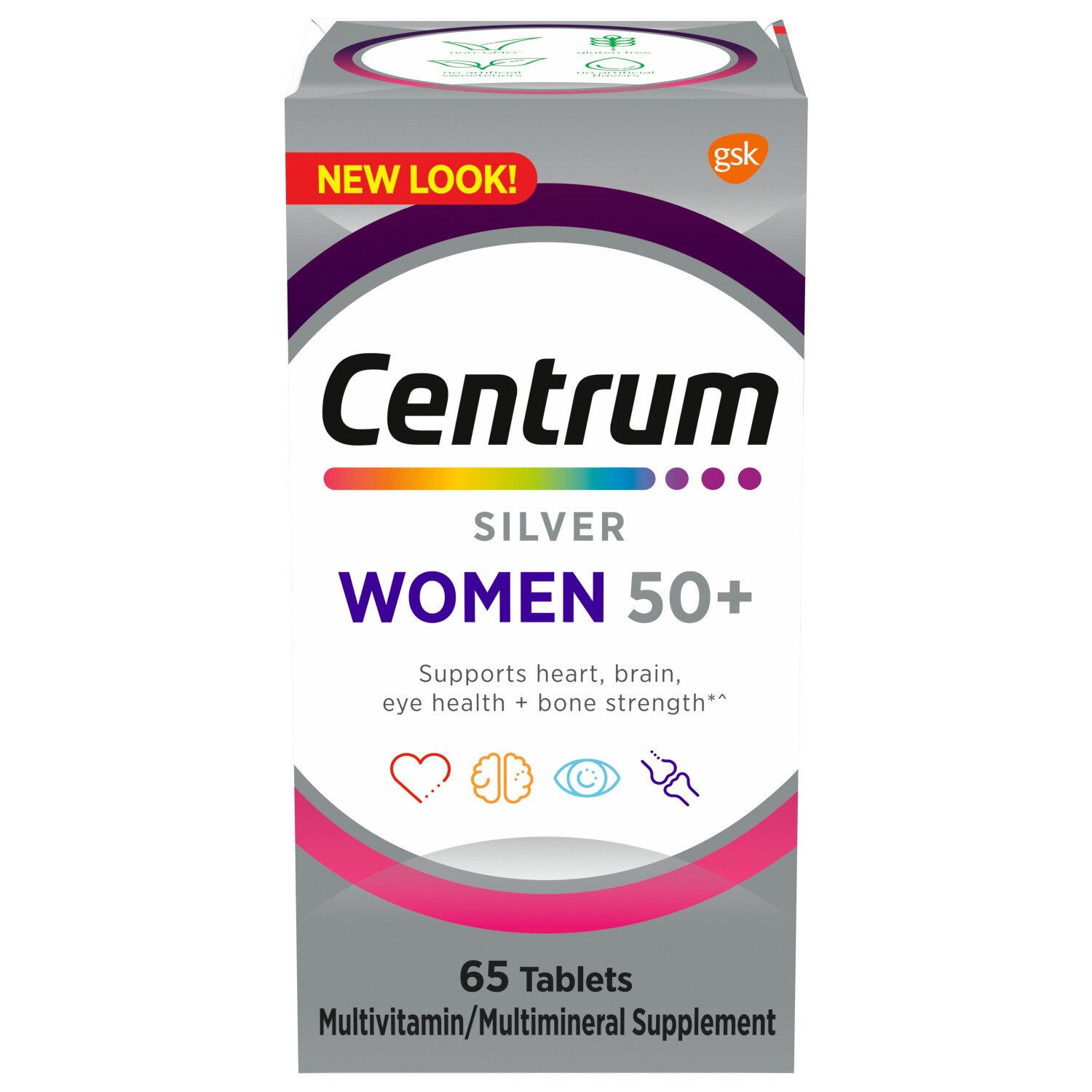Multivitamins With Vitamin D
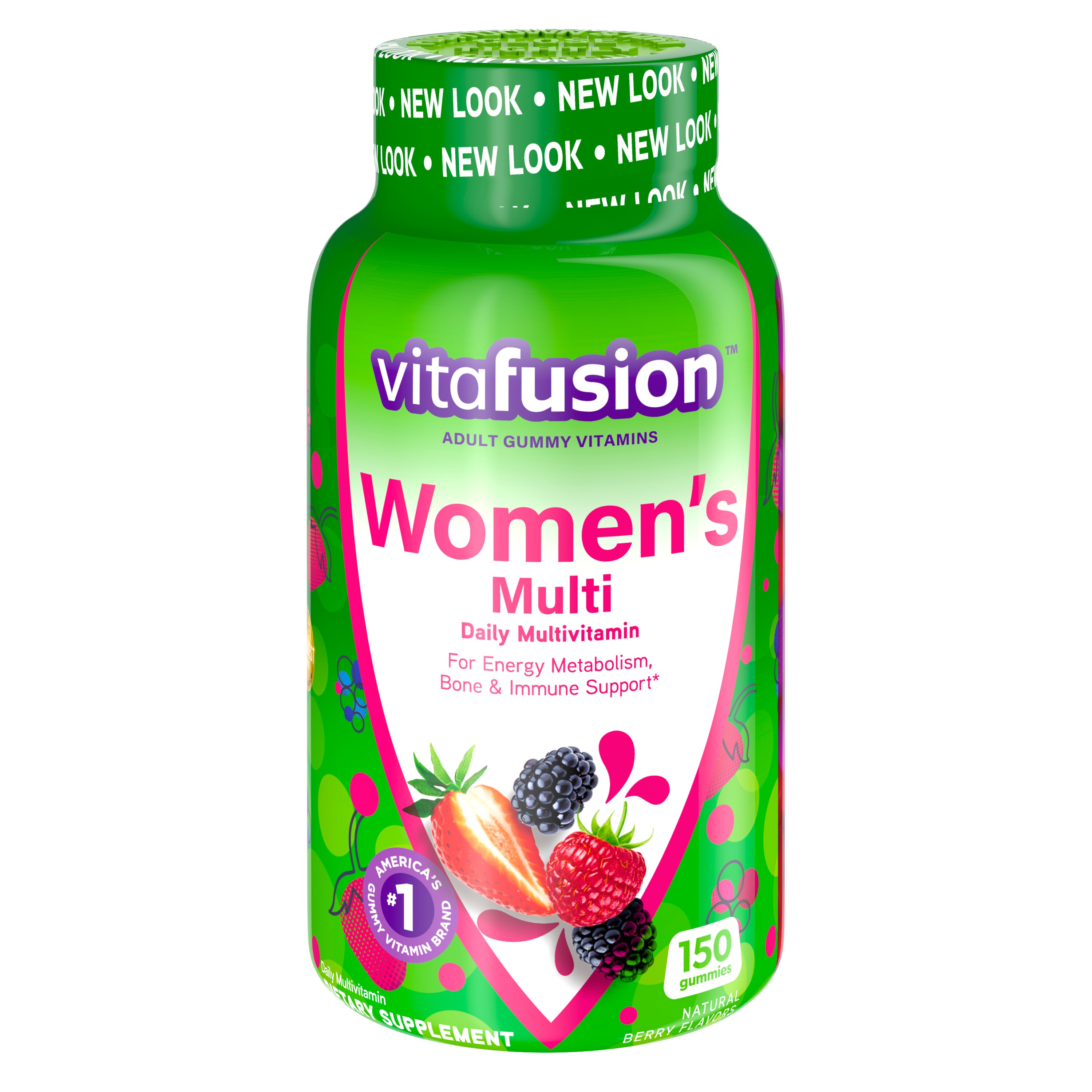

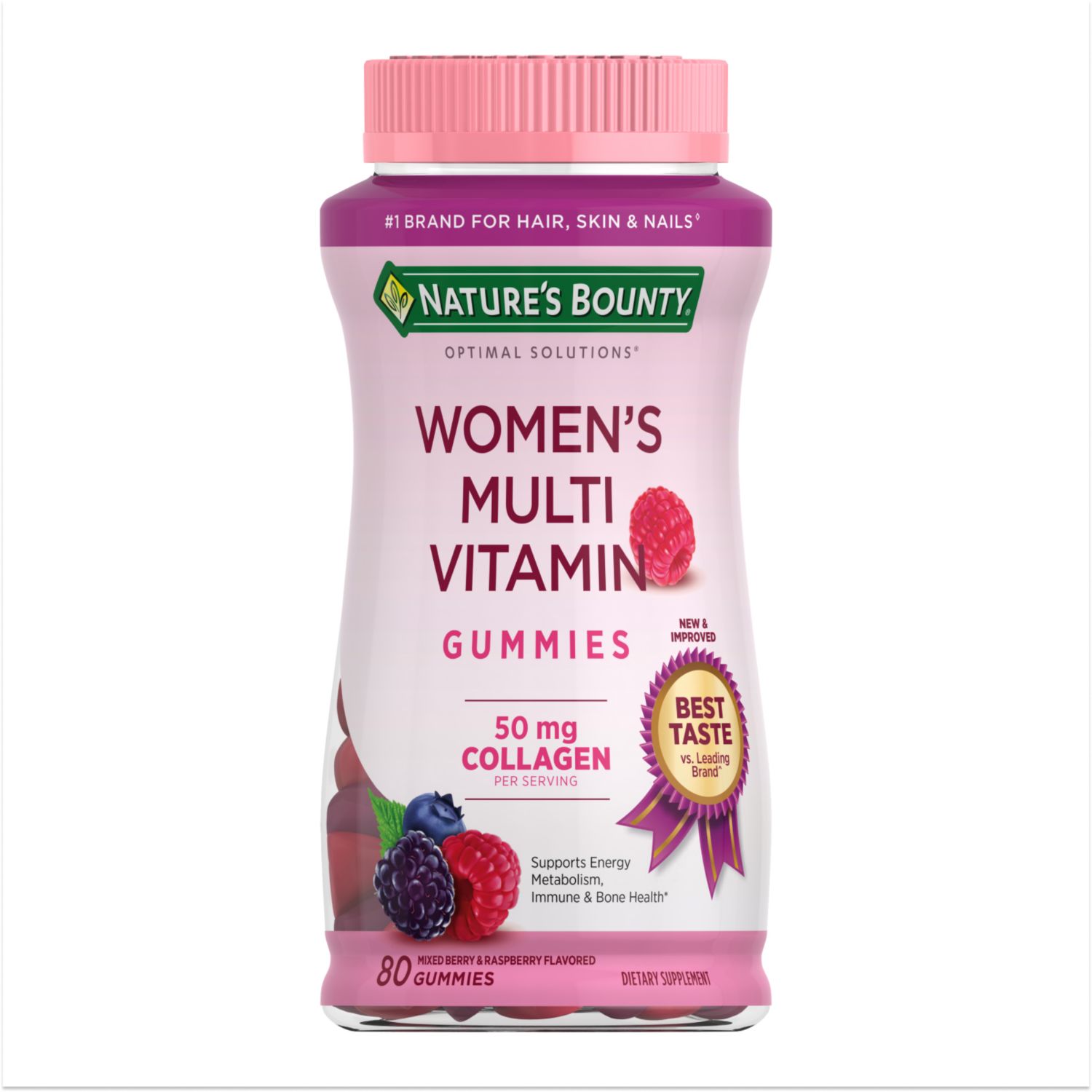

Multivitamins With Vitamin D
Taking multivitamins with vitamin D helps provide your body with the nutrients it needs to support healthy teeth and bones. This essential vitamin is often lacking in a daily diet, especially vitamin D3, which the body produces naturally during exposure to sunlight. CVS features a vast selection of multivitamins containing vitamin D for children and adults of all ages. Find the multivitamins you need to help the whole family stay healthy.
What Is Vitamin D in Vitamins Good for?
The body requires vitamin D to help regulate calcium and phosphate levels, two elements essential to healthy teeth, bones and muscles. Studies also suggest that vitamin D may help fight infections, reduce inflammation and slow the growth of cancer cells.
Many people fail to ingest enough vitamin D through their diet or by spending time outdoors in the sunshine. Supplementing your daily levels with multivitamin supplements containing this key ingredient can help you maintain your muscle, teeth and bone health.
Do Multivitamins Have Vitamin D?
To combat the lack of essential nutrients in the body, multivitamins come in a range of vitamin and nutrient combinations, many of which contain vitamin D. Levels of this essential vitamin vary from supplement to supplement as some are specifically developed to benefit the health of men, women, children or seniors.
Multivitamins come in different forms, such as tablets, capsules and gummies. Multivitamin gummies with vitamin D are a fun way to encourage kids to take their daily supplements and, when combined with good oral care, can help them look after their teeth.
Is It Safe To Take Multivitamins With Vitamin D?
Vitamin D is found naturally in certain foods, including egg yolks, liver, fatty spreads, oily fish and some cereals. It’s also produced by the body when exposed to sunlight. If you’re not including the right foods in your diet or spending enough time outdoors, you may benefit from taking multivitamin tablets with vitamin D3.
Too much vitamin D can be harmful, so always speak with a physician before introducing it into your daily diet. They can assess your medical history and current nutrient levels and recommend whether you should be taking vitamin supplements and which dosage of vitamin D you require.

